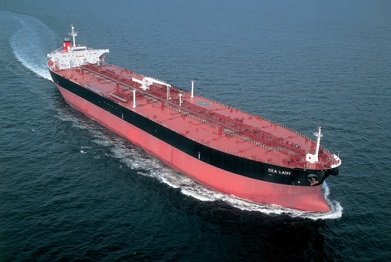

Shipsbusiness.com is merely an informational site about various aspects of ships operation,maintenance procedure, prevention of pollution and many safety guideline. The procedures explained here are only indicative, not exhaustive in nature and one must always be guided by practices of good seamanship.
![]()
Other info pages !
Tanker vessel safety guideline Check items in oil tankers operation
Questions from user and feedback Read our knowledgebase
Cargo care at sea Precautions to be taken
Reefer cargo handling Troubleshoot and countermeasures
DG cargo handling Procedures & Guidelines
Cargo securing Check items prior departure port
Safe navigation Various factors affecting ships navigation at sea
Hull strength & stability Prior loading how to ensure hull strength & stability of ship
stevedores injury How to prevent injury onboard
Environmental issues How to prevent marine pollution
Safety in engine room Standard procedures
Site Map Page listing for this site.
Home page
![]()